When is an archive not an archive?
As historians realise, archives can take many forms: institutional records, government censuses, personal letters. As I discussed in the introduction to London Stories my confrontation with my late parents’ own archive included: minutes of meetings, notebooks from evening classes, running orders for concert parties, quizzes for church clubs, scores of oratarios, book prizes for school attendance, gadgets still in their boxes from the Ideal Home exhibition in the 1940s, used stamps and even a tin of custard cream biscuits in a royal wedding tin from 1981 given away free by the milkman and preserved untouched for the best part of twenty years… Much of the rest of the book is an exploration of what a historian (and daughter) might do with such stuff of ordinary people’s lives. To some this sort of material is an archive: to others stuff to be chucked.
The reason that so many thousands of people have already signed the petition to keep the remainder of the historic student records at Ruskin College is because of the testimony of such material to working lives . It is also because of the signatories’ understanding of the potential value of such material in different ways both now and in the future. One signatory has reminded us of Derrida’s comment that ‘The archive: if we want to know what this will have meant, we will only know tomorrow’. The book Dust by another signatory, social and cultural historian, Carolyn Steedman, on the nature of archives and historians’ relationship with them was a keynote text for successive cohorts of Ruskin undergraduate and postgraduate history students…
Taken as a whole the integrity of the material in Ruskin College as an archive of working class history no longer exists. Sadly, this process of destruction and dispersal has not finished. It was finally confirmed this morning (Friday 19 October) that, thankfully, some of the historic student records from the 1950s do still survive. Although legal advice has been taken by Ruskin College management – and section 33 of the Data Protection Act allows for the retention of personal data for historical research – there have yet to be any guarantees that any of the remaining material will be saved.
Continue to exert pressure on the college authorities – and join with 4,000 other signatories to the petition to prevent further destruction.
Link to page with summary of the records destroyed or dispersed.
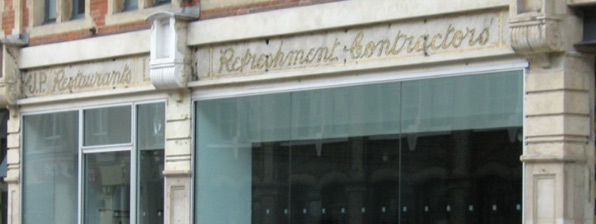
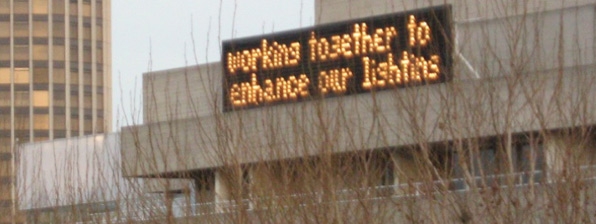
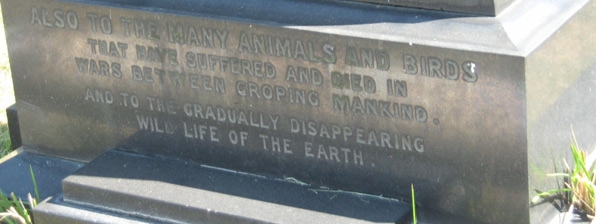




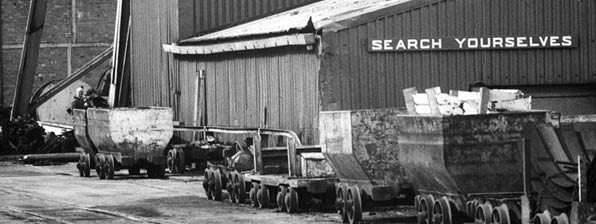



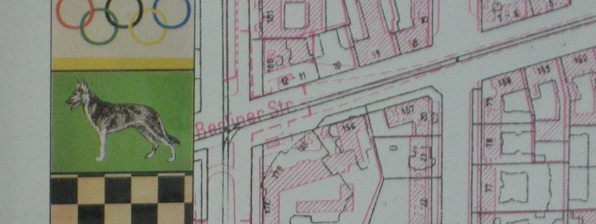

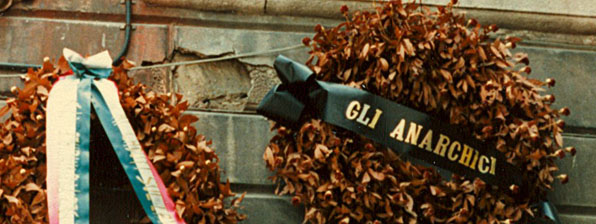


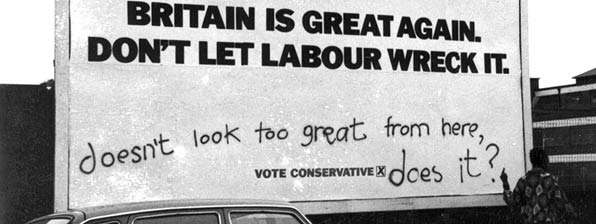






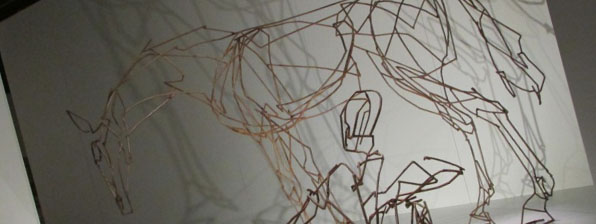

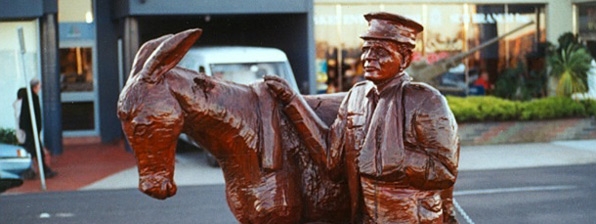
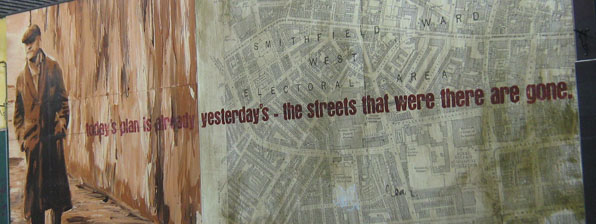

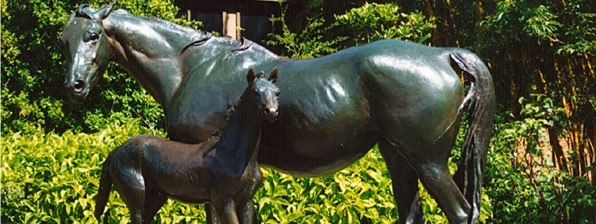






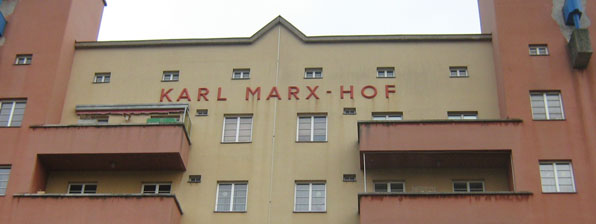

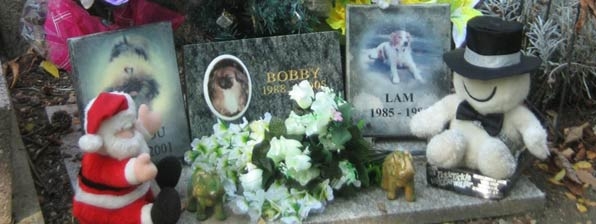


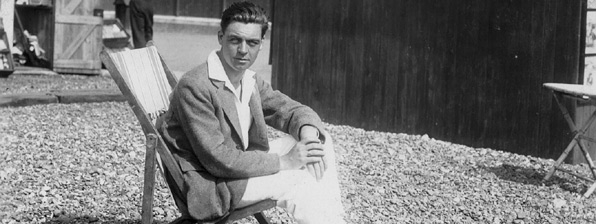

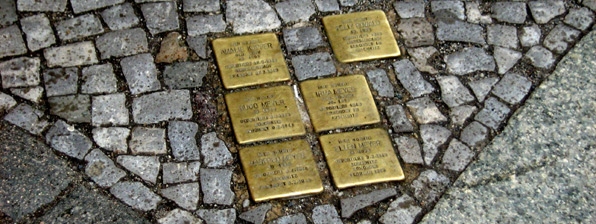





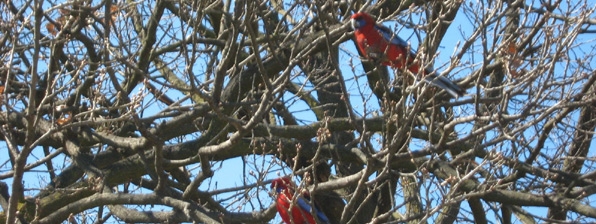

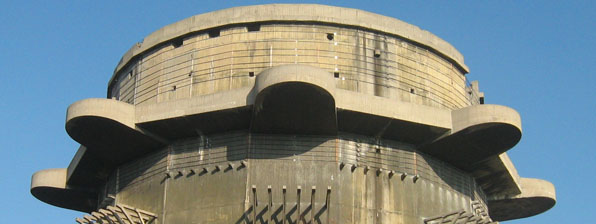



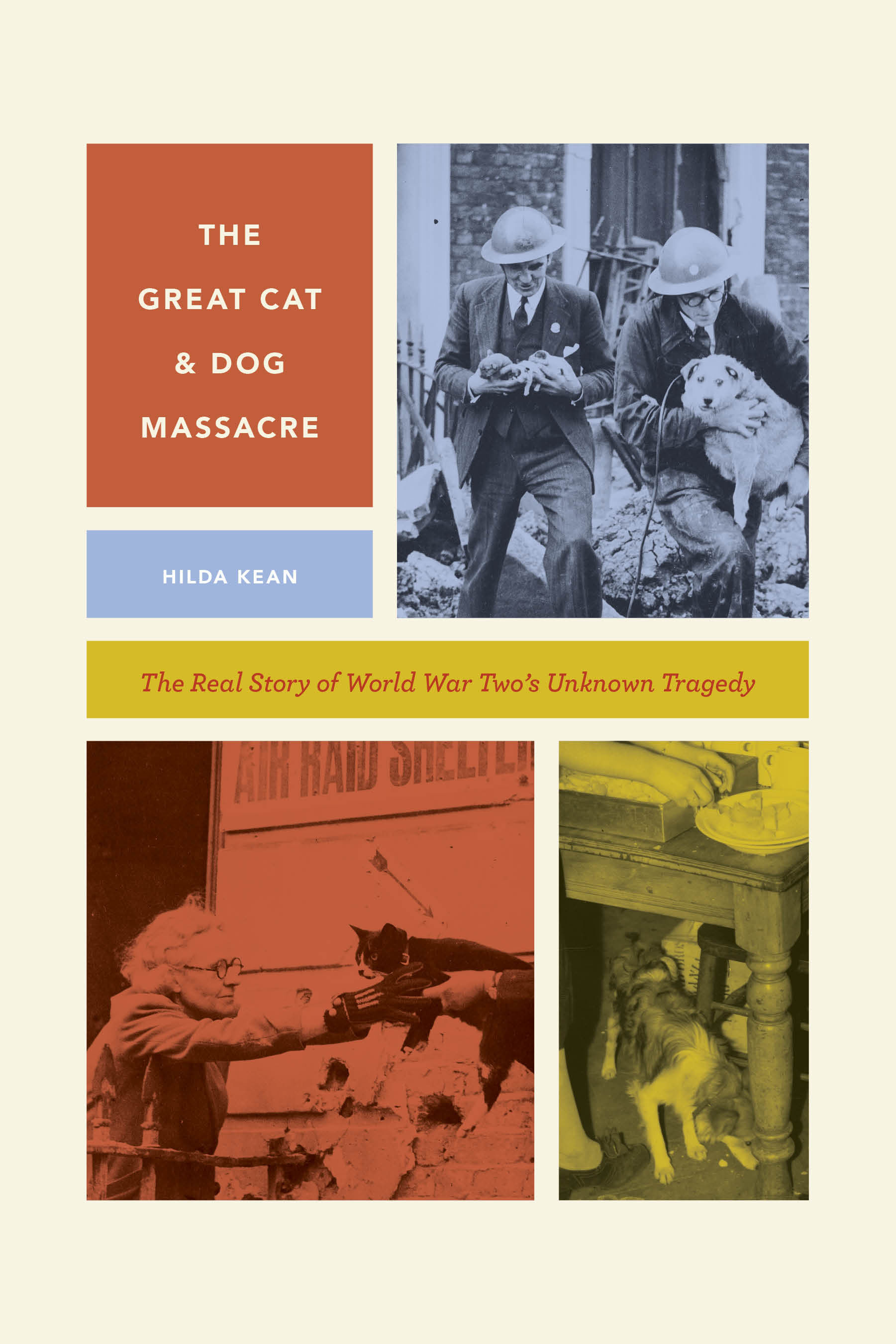
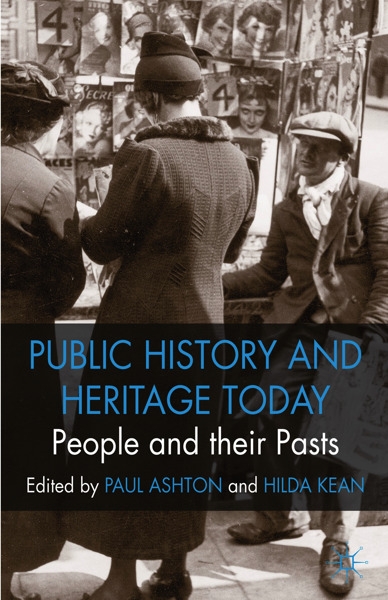

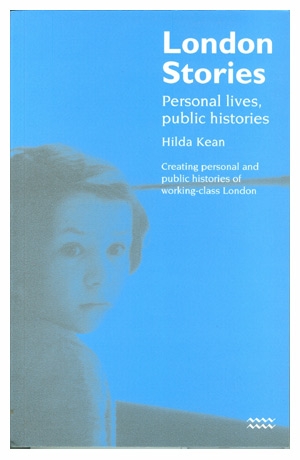

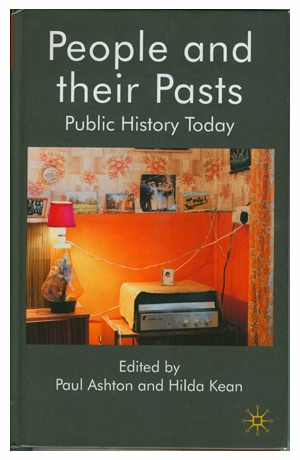
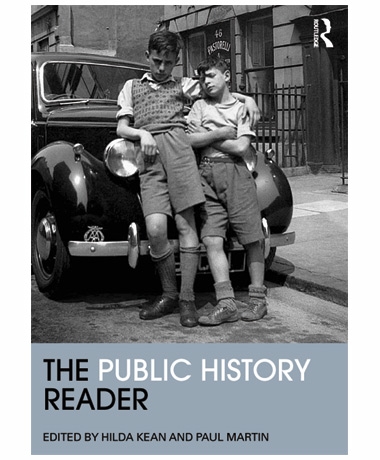




Leave a Reply